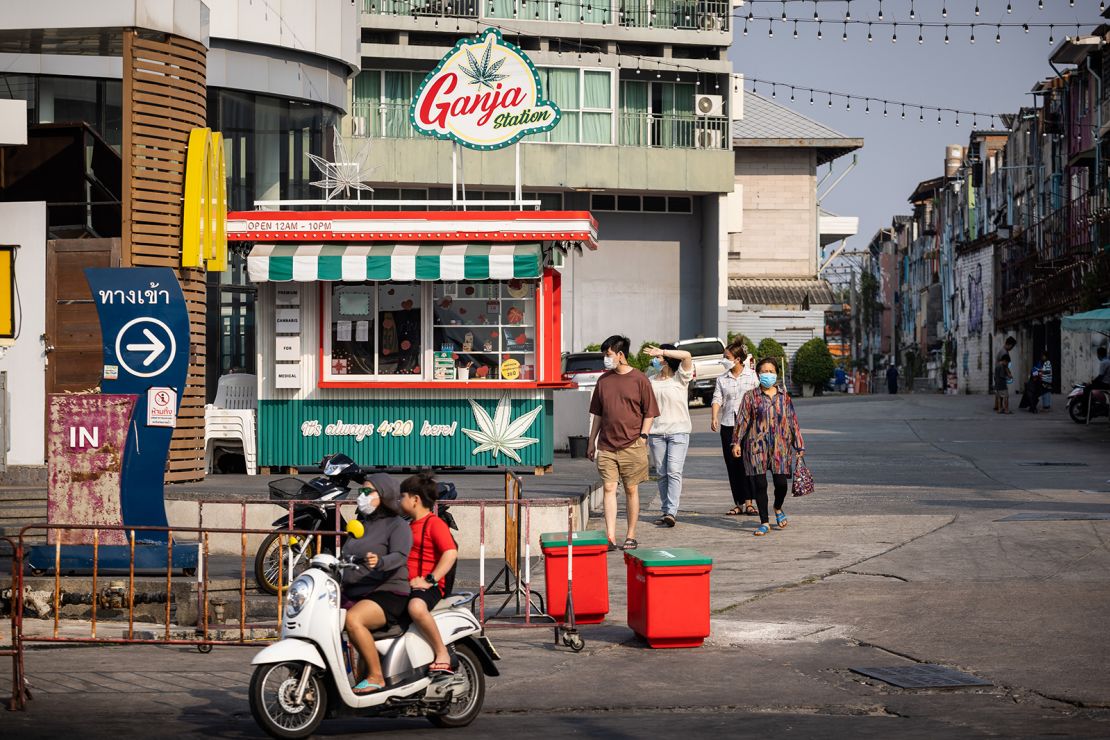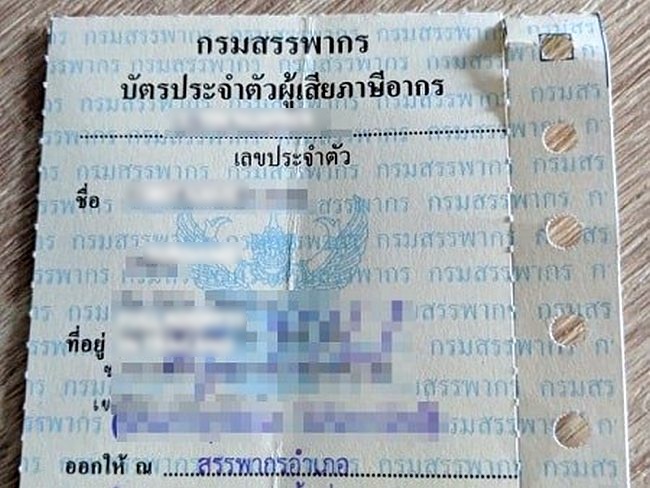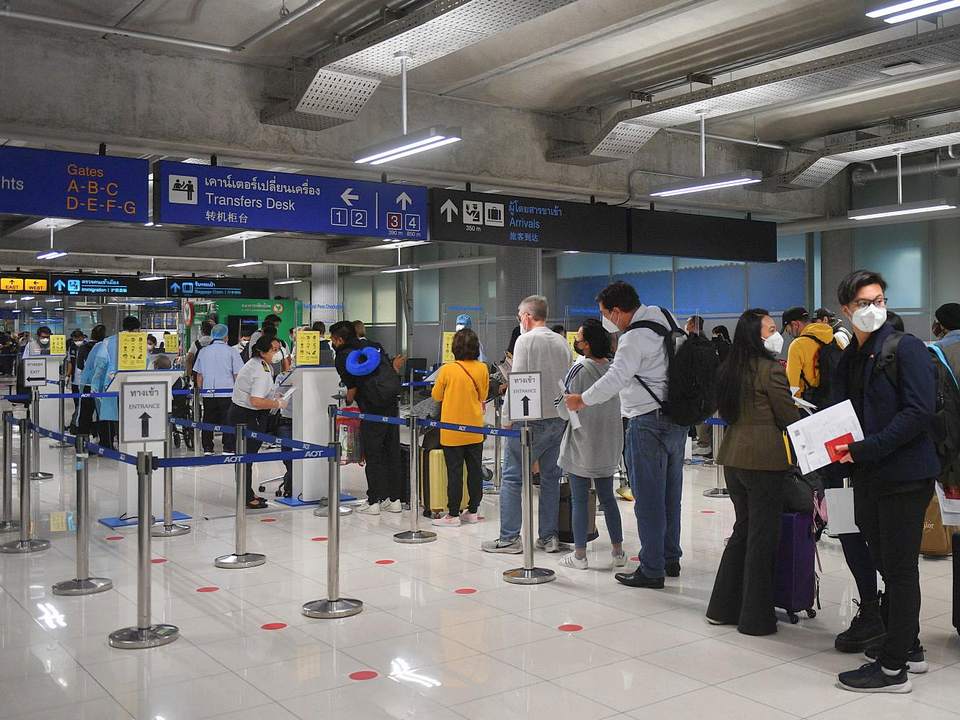The Immigration Bureau announced on Monday a major upgrade to its online system for 90-day reporting. This development is expected to alleviate the chronic overcrowding at Immigration offices across the country.
Immigration say the new system will help to streamline the process for foreigners residing in Thailand.
Pol Lt Gen Ittipol Ittisaranachai, the chief of Immigration Police, highlighted this expansion plan, emphasizing the Bureau's commitment to facilitating the stay of international residents in Thailand.
Under Thai law, all foreigners residing in the country on various long-term visas, or rather extension of stays, are mandated to report their address to the Immigration Bureau every 90 days. Despite the existence of an online system for several years, its unreliability had forced many to continue visiting the Immigration offices in person, leading to excessive crowding.
Responding to the need for a more efficient and user-friendly system, the Bureau has revamped the online service. This upgrade is anticipated to encourage more foreigners to opt for online reporting, thereby reducing the physical footfall at the offices.
For those needing to make their 90-day report, registration is now more straightforward. Foreigners can sign up at the link here by providing an email address. It is advisable to complete this registration at least 15 days before the due date of the next 90-day reporting. Following registration, the Bureau will issue a password via email, which can then be used for subsequent logins and reports.
Of course, few foreigners in Thailand look forward to having to submit their 90-day report.
Those of us in Hua Hin are somewhat fortunate that the Immigration office in BluPort is useful and it generally doesn't take too long to submit a 90-day report there. (Pro tip, visit after 3pm).
However, expats in Thailand typically find the 90-day report requirement inconvenient and a hassle.
Which leads to the question, why doesn't Immigration just scrap the requirement?
Thailand's 90-day reporting requirement for foreigners is a part of its immigration and national security policies. There are several reasons why this requirement may still be in place:
Firstly, it helps the government keep track of the number of foreign nationals in the country and their whereabouts. This is especially important in managing overstays and ensuring that visitors comply with the terms of their visas.
Secondly, it's part of the national security policy and by keeping updated records of foreign residents, authorities say they can more effectively monitor and prevent illegal activities.
Additionally, changing immigration policies can be a complex process, involving various stakeholders and considerations. The 90-day reporting has been in place for a long time, and any change would require careful planning and coordination.
The 90 day report is also part of the Immigration's administrative and legal framework. Any change would require a significant overhaul of these systems, which can be resource-intensive and time-consuming.
The requirement allows the government to collect data on foreign nationals residing in the country, which can be used for planning and policy-making purposes.
So it looks like you're stuck with 90 day reporting for the foreseeable future.
























